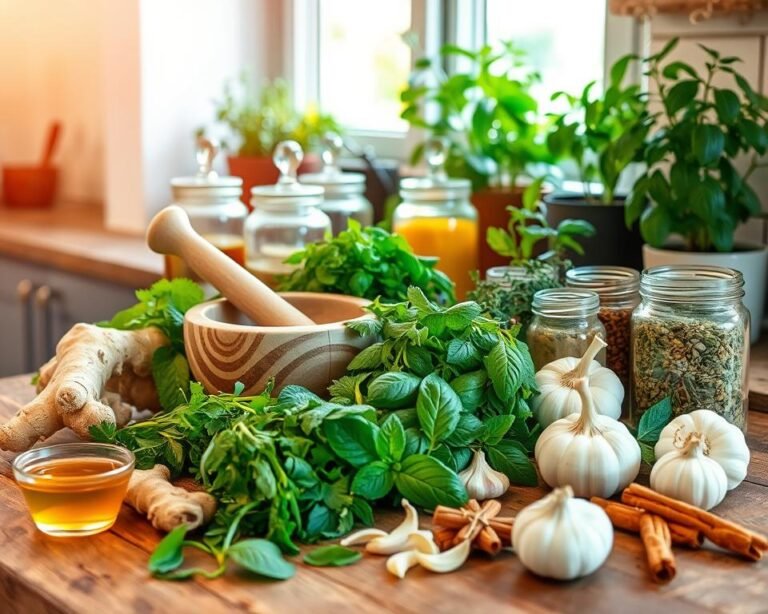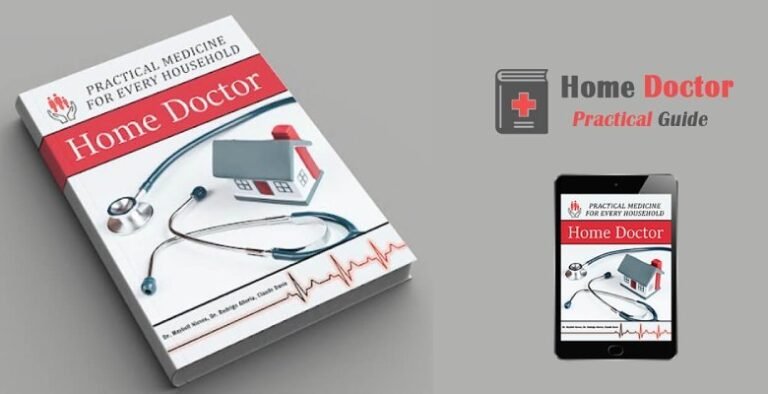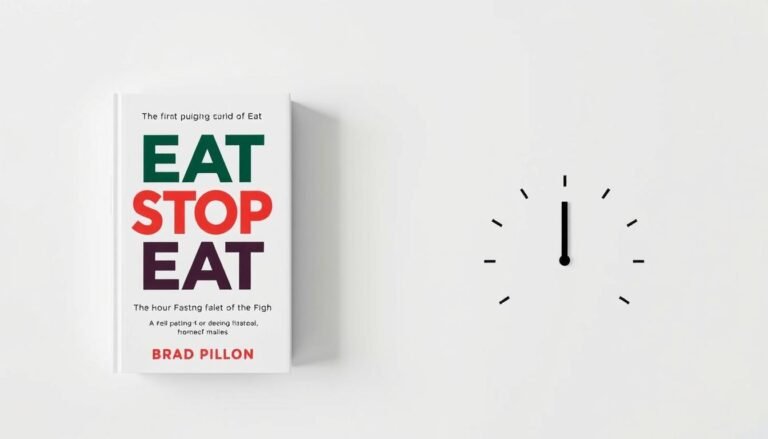Vegan Diet Plan: Fuel Your Body with Plant-Based Nutrition
Vegan Diet Plan: Fuel Your Body with Plant-Based Nutrition
A huge 600% jump in veganism in the U.S. in just three years shows a big trend towards eating plants. About 3% of Americans now follow a vegan diet. A well-planned vegan diet gives you all the nutrients you need, like protein, iron, and vitamin B12, through plant-based foods.
Switching to a plant-based diet can lower cholesterol by 10-15% in a few weeks. You might lose 5-10% of your weight in a year. This diet has 45-65% carbs, 25-35% fats, and 20-30% protein. So, it’s key to plan your meals well to get all the nutrients you need.
More and more Americans, 43%, are eating plant-based products often. This shows a big increase in demand for plant-based nutrition. With the right diet plan and recipes, you can make healthy choices and eat a balanced diet.
Key Takeaways
- A well-planned vegan diet plan can provide all the necessary nutrients for optimal health.
- A plant-based diet can reduce cholesterol levels and help with weight loss.
- Plant-based recipes and meal planning are essential for meeting daily nutritional requirements.
- A plant-based diet typically includes a balance of carbohydrates, fats, and protein.
- Vegan diets can reduce greenhouse gas emissions and have a positive impact on the environment.
- With the right plant-based diet plan, you can make informed food choices and create a balanced and varied diet.
Understanding the Plant-Based Diet Revolution
Thinking about a plant-based diet? It’s key to know the basics and benefits. Over half of US consumers want to learn more about it. A well-planned plant-based diet can give you all the nutrients you need for good health. Plant-based nutrition is leading this movement.
Plant-based diets focus on whole, nutrient-rich foods. By choosing vegetarian recipes and plant-based meals, you can make a diet that fits your taste and needs. Some benefits include:
- Lower risk of heart disease and type 2 diabetes
- Weight control and loss
- Improved digestive health
- Reduced environmental impact
A plant-based diet is more than just avoiding animal products. It’s about eating a variety of whole, nutrient-dense foods. By learning about plant-based diets, you can make choices that suit you. With more health-conscious, plant-based options available, it’s easier to add plant-based meals to your day.
Starting your plant-based journey means making lasting changes. With the right help and support, you can enjoy a diet that’s tasty, healthy, and good for the planet. By picking plant-based meals and vegetarian recipes, you’re moving towards a better, greener life.
Essential Components of a Balanced Vegan Diet Plan
A well-planned vegan diet should include a variety of whole, nutrient-dense foods. This includes fruits, vegetables, whole grains, and legumes. It’s important to know the key components of a balanced vegan diet plan. This includes vegan protein sources like legumes, nuts, and seeds, as well as whole grains, healthy fats, and a variety of fruits and vegetables.
When it comes to plant based nutrition, it’s key to include a variety of foods. This ensures you get all the necessary nutrients. A vegan meal prep plan that includes a range of whole foods is a good way to do this. Here are some key components to include in your vegan diet plan:
- At least 5 portions of a variety of fruits and vegetables daily
- Whole grains, such as brown rice, quinoa, and whole-wheat bread
- Legumes, such as lentils, chickpeas, and black beans
- Nuts and seeds, such as walnuts, chia seeds, and flaxseeds
By including these components in your vegan diet plan, you can ensure you are getting all the necessary nutrients. This is important for optimal health and well-being. Always consult with a healthcare professional or registered dietitian for personalized nutrition advice.
| Nutrient | Recommended Daily Intake |
|---|---|
| Vitamin D | 10 micrograms |
| Vitamin B12 | 10 micrograms |
| Calcium | 700 milligrams |
Mastering Vegan Protein Sources
Exploring vegan protein sources is key. A good vegan meal prep plan aims for 50-100 grams of protein daily. You can hit this goal by adding high-protein plant foods like beans, lentils, and tofu to your meals.
Some top plant-based protein foods include:
- Black beans, chickpeas, and lentils, which have 15-18 grams of protein per cup when cooked
- Almonds, walnuts, and pumpkin seeds, with 5-7 grams of protein per ounce
- Chia seeds, which offer 4 grams of protein per 2 tablespoons
Also, consider these protein-rich meal ideas:
- Firm tofu, with about 20 grams of protein per half-cup serving
- Tempeh, which has 31 grams of protein per cup
- Edamame, with 17 grams of protein per cup
By adding these high-protein foods to your vegan diet, you’ll meet your protein needs. Don’t forget to try out different vegetarian recipes and plant-based meals to keep your diet exciting and varied.
With a bit of creativity and planning, mastering vegan protein sources is easy. Whether you’re searching for high-protein vegan meals or new vegetarian recipes, there’s a wide range of options for you.
| Food | Protein Content |
|---|---|
| Black beans | 15 grams per cup |
| Chickpeas | 15 grams per cup |
| Lentils | 18 grams per cup |
Building Your Plant-Based Meal Prep Strategy
When it comes to vegan meal prep, planning and preparation are key. By creating a meal prep plan, you can save time and money. You’ll also make sure you get the nutrients you need for health and well-being. A good vegan meal prep plan can help you save 25% on weekly grocery bills and make healthy eating easier.
To start with plant-based recipes, consider these tips:
- Plan your meals in advance to avoid decision fatigue and ensure you have the ingredients you need.
- Prep a big batch of energy balls or other snacks to freeze for later use.
- Choose vegan cooking tips that work for you, such as one-pot meals or slow-cooker recipes.
Remember, vegan meal prep is all about making healthy, plant-based eating easy and convenient. With a little planning and preparation, you can enjoy delicious, nutritious meals all week long.
Overcoming Common Challenges in Your Vegan Journey
Starting your vegan journey can be tough. You might find it hard to stick to a plant based diet when dining out. Many restaurants don’t have vegan diet plan options. But, with some planning and research, you can find places that serve vegan food.
Dealing with social situations can also be a challenge. Family gatherings and parties often have non-vegan food. To handle this, it’s key to talk about your diet clearly and nicely. You can also bring a vegan dish to share, which can help others understand your plant based diet.
Here are some tips to help you overcome common challenges in your vegan journey:
- Research vegan-friendly restaurants and cafes in your area
- Plan your meals in advance and shop for vegan groceries
- Communicate your dietary preferences clearly and politely
- Connect with other vegans and join online communities for support and guidance
By following these tips and staying committed to your vegan diet plan, you can overcome common challenges. This way, you can keep a healthy and balanced plant based nutrition lifestyle.
| Challenge | Solution |
|---|---|
| Dining out | Research vegan-friendly restaurants and cafes |
| Social situations | Communicate dietary preferences clearly and politely |
| Meal planning | Plan meals in advance and shop for vegan groceries |
Conclusion: Embracing the Plant-Based Lifestyle
Discovering a plant-based diet opens up many benefits for your health, the planet, and animals. By switching to a vegan diet, you get the nutrients your body needs. You also help the environment and support kinder food choices.
Plant-based living lets you tailor your approach to fit your lifestyle. You might choose to be fully vegan, vegetarian, or flexitarian. Every step towards eating better and more sustainably counts. Always talk to health experts or dietitians to make sure you’re getting the right nutrition.







